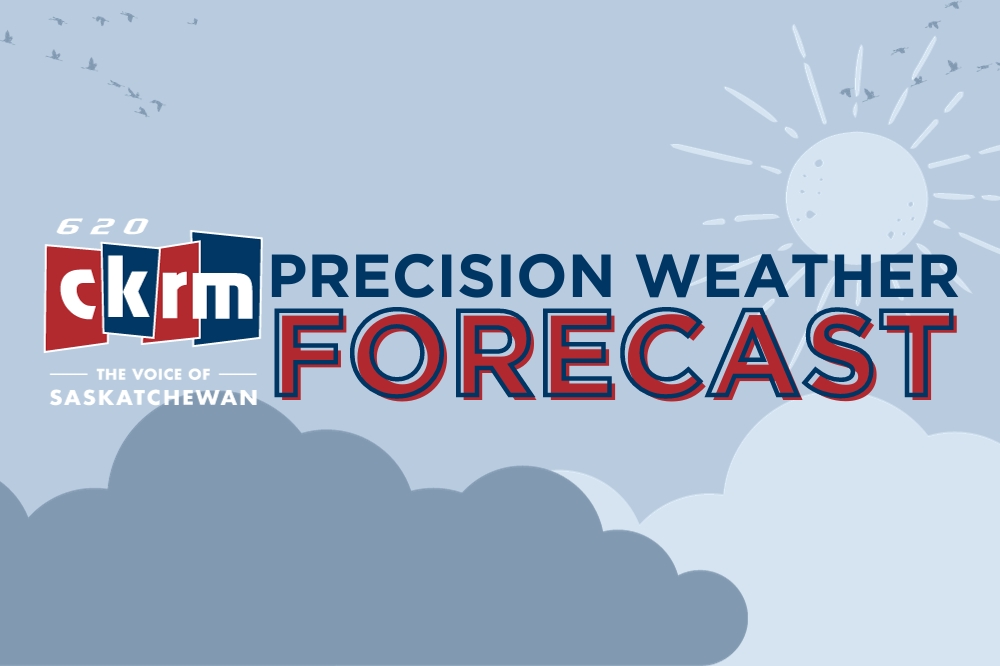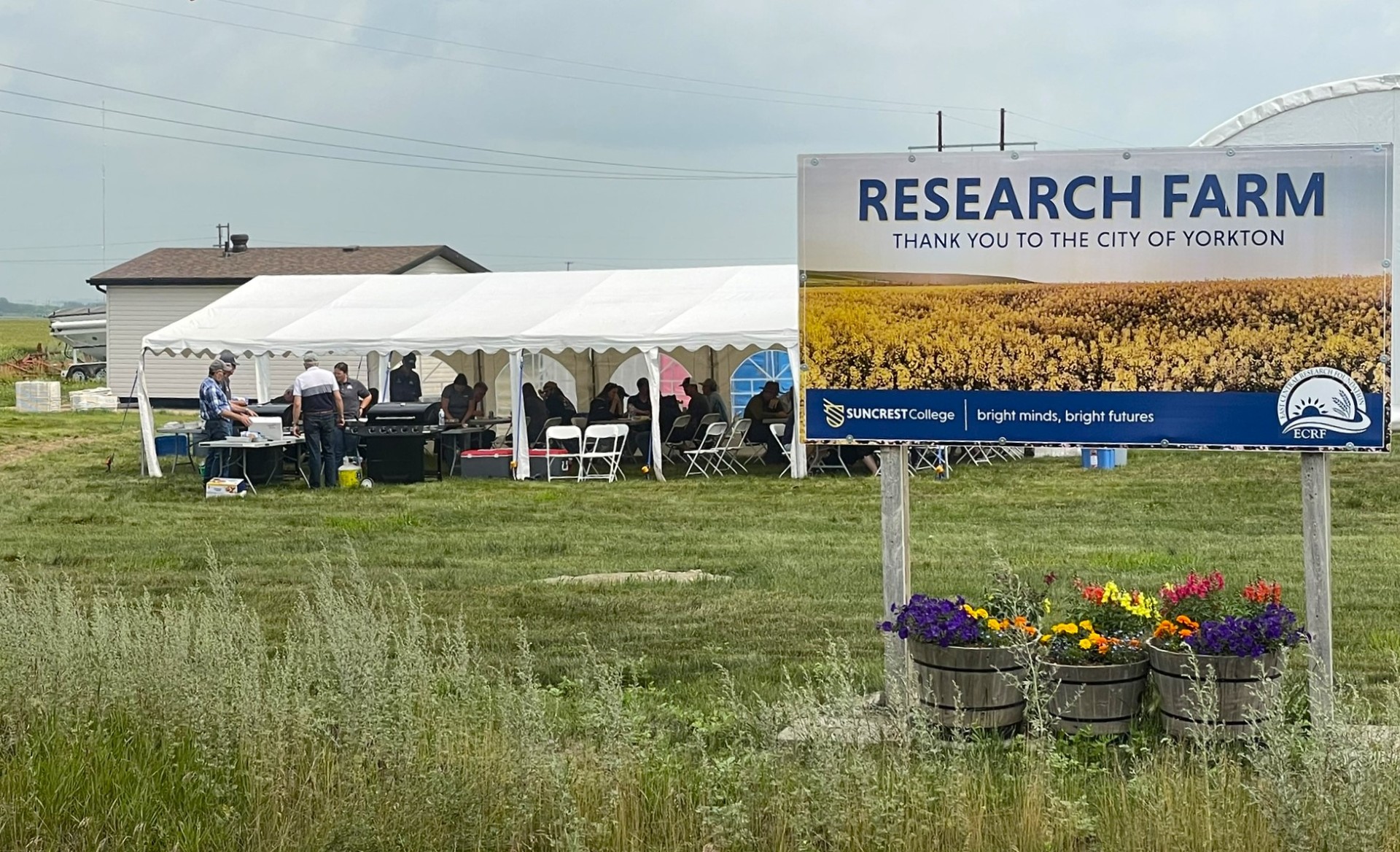Premier Scott Moe says Thursday’s decision from the Supreme Court of Canada that carbon pricing is constitutional effectively ends Saskatchewan’s legal avenues.
In a statement he made on Thursday afternoon before speaking at a media conference, he said this does not change their core conviction that the carbon tax is “bad environmental policy, bad economic policy, and simply wrong.” He went further by suggesting the federal carbon tax is “a blunt, ineffective instrument that kills job, threatens the competitiveness of our industries, and penalizes essential, daily activities of families across our province.”
Despite the Supreme Court’s vote on the case, Premier Moe said it was not a mistake to stand up against it. He added that he’s disappointed in the ruling, but that he will respect the decision. That’s when Moe announced his government’s made-in-Saskatchewan climate solution to replace federal carbon pricing to support the province.
“It’s very unfortunate; it’s a reality we must deal with. But today, our government is focused on making every effort to protect Saskatchewan families, workers and businesses from the negative consequences of this federal carbon tax,” announced Moe. “There are some measures we will take on in the months ahead to ensure we can forge our own path as we deal with those imposed consequences.”
Those measures include:
- a carbon price plan, which includes proposing that SaskPower and SaskEnergy be under provincial emissions regulations rather than under federal rules. Moe said this would provide more flexibility and control around how carbon tax revenues are distributed. A request was made to the federal government in February for this to occur retroactively to Jan. 1, 2019, but Moe said they have not received a response yet;
- a carbon pricing system for fuel, similar to what the federal government approved for New Brunswick, which would provide an immediate rebate at the pump for residents instead of through income taxes;
- The development of a greenhouse gas offset program so regulated industries can meet annual emission reduction targets. Companies could buy credits from farmers, ranchers, forestry and other businesses;
- Proposing the advancement of small modular nuclear reactors across Canada. Saskatchewan and Ontario have joined New Brunswick to advance SMR technology, with Alberta soon to team up. Moe said it could be deployed in industries to power mines, factories, and could be used for power in remote communities that rely on diesel; and
- An inquiry to the federal government into providing Saskatchewan with a fair share of the Low Carbon Economy Fund. The premier said funds from the program have not been provided because it’s part of the Pan-Canadian Framework Agreement, which the province didn’t sign on to. The government estimates the province should receive $126 million from the fund.
The premier added that the legal challenge from lower courts to the Supreme Court costed the province between $500,000 to $600,000.
Related:








